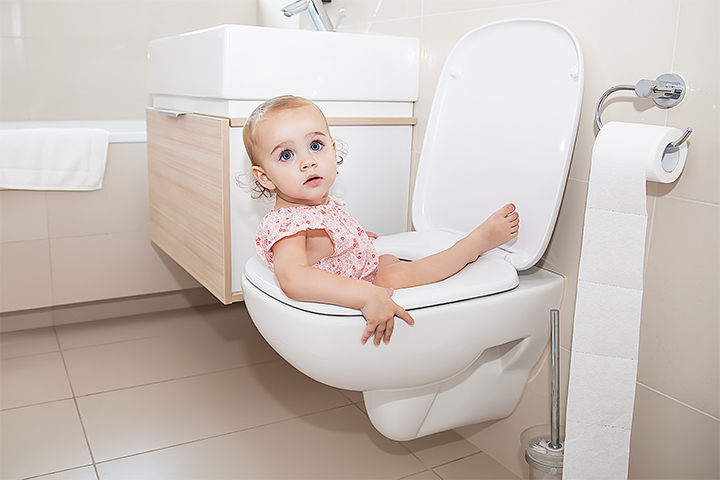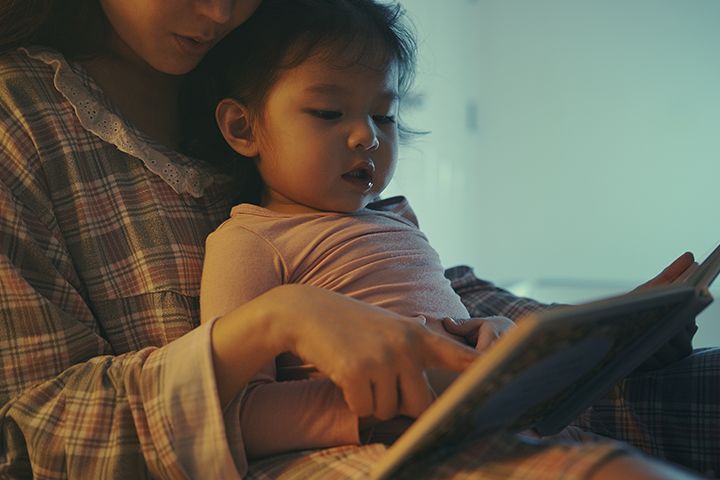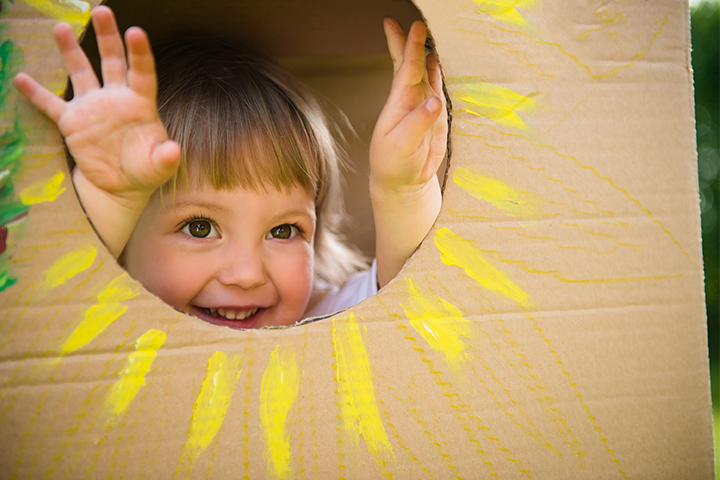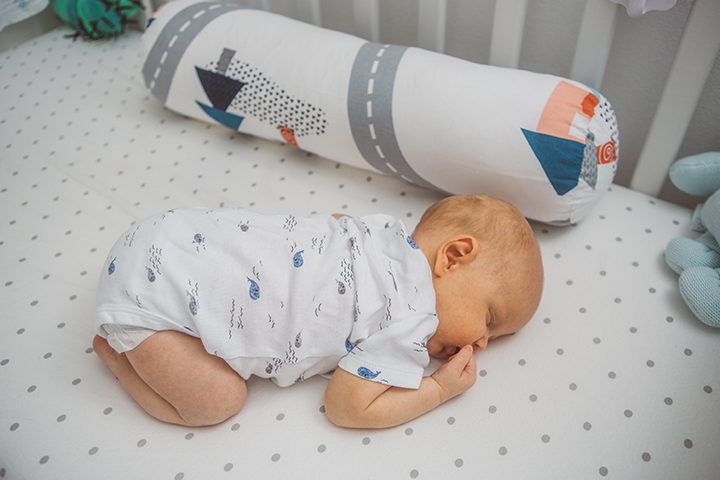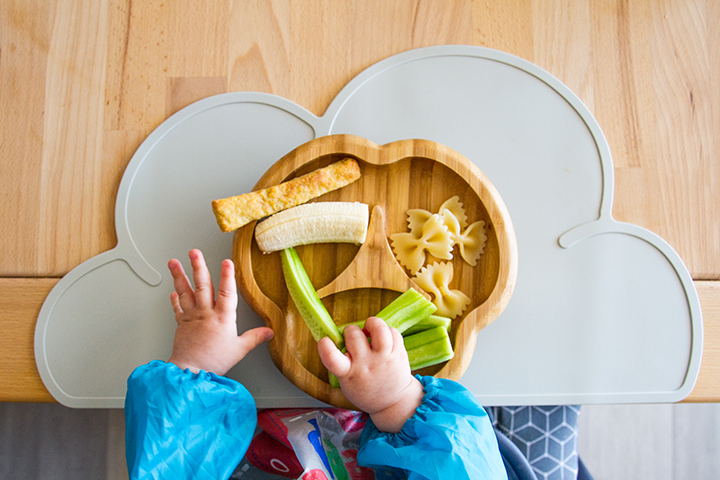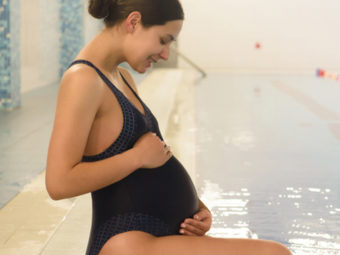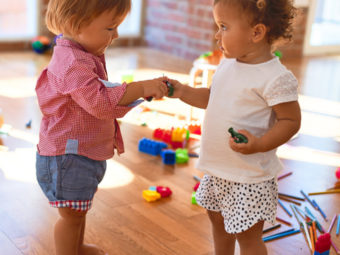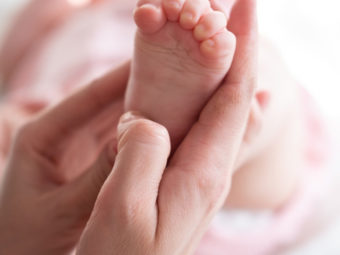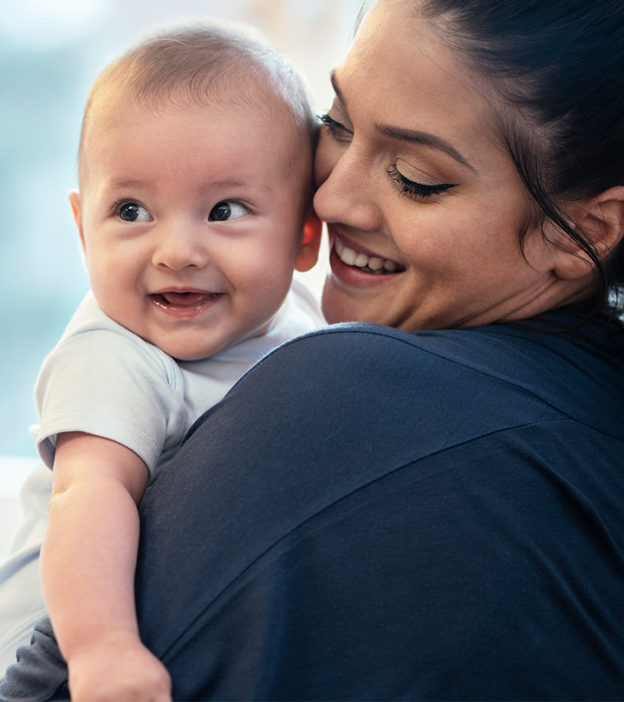
Image: iStock
People are never satisfied with the way things are. We’re always talking about the things that need changing without really taking a moment to appreciate how much things have already changed, and this applies to parenting too. Sure, we have a long way to go. But look how far we’ve come. Parenting has had a huge makeover in the last couple of decades. And we would like to shed some light on all the things that have changed since our grandparent’s time and how we should be grateful for every step forward. But if you’d like to go down the memory lane and take a look at all the things that parents don’t do anymore, then this is the article for you. Read on to know more!
1. Babies Were Toilet Trained Shortly After Birth
Image: IStock
Could you even imagine what would entail teaching your baby bathroom etiquette and cues? It may seem like an absolutely ludicrous idea now but in the 20th century parents were encouraged to start toilet training their children when they were a few weeks old so that when they were able to sit up, it would be more consistent. However the invention of the disposable diaper had a significant impact on this belief and had an influence on delaying the age for potty training a baby. Since only cloth diapers were used initially potty training started when the little ones were between 12 and 18 months old.
2. Baby Bedtime Activities Have Changed Drastically
Image: IStock
之前你是做什么工作的你把你的宝宝睡觉?Perhaps you read them their favorite bedtime story, tuck them in, or sing them a lullabye. But did you know that decades ago, they believed that children should exercise or run right before going to bed? Their reasoning behind it was that they thought the kids would exhaust themselves and fall asleep faster if they ran right before bedtime. They also believed that children should go to sleep at 6 p.m. in winter and 7 p.m. in summer. If the kids stayed up past this time they believed that kids would grow old faster and be more susceptible to diseases. Can you imagine going to sleep at 6 every night? In contrast to this, children are now advised to have a relaxing and soothing bedtime routine.
3. Special Accessories Were Available To Hang Babies From Windows In Order For Them To Sunbathe
Image: IStock
If this isn’t the most absurd thing you’ve ever heard, we don’t know what is! But as wild as it may seem, there was a genuine reason as to why parents were so determined for their babies to get sufficient sunlight. At the beginning of the twentieth century, due to tuberculosis, mothers were advised to keep their children in open, ventilated, sunny places for as long as possible. And as a response to this, baby cages were created to be used by families that lived in buildings. They worked as accessories to practically hang the kids in the windows somewhat safely so that they could sunbathe often and enjoy the fresh air regularly.
4. Babies Had To Sleep On Their Stomachs
Image: IStock
That’s right, this is a big no-no now. But between the years 1970 and 1980, child-rearing experts recommended that babies sleep on their tummies. They indicated that it was the safest position for them but this couldn’t be further from the truth as this way of sleeping could cause sudden death in small babies. However in the year 1994, a campaign against this sleeping myth was finally launched in order to help quite literally turn the situation around. This encourages parents to put their babies to sleep on their back which is the safest way for a baby to sleep. And this reduced the number of cases to less than 50%. How incredible is that!
5. Babies Began Eating Solids A Few Days Or Weeks After Being Born
Image: IStock
As hard as it is to believe, parents in the 1960’s were recommended to stop breastfeeding and feed their baby solids as soon as possible. A study on infant feeding in the postwar era recommended that mothers start feeding solids to their infants at 6 weeks of age and combine formula with packaged baby foods (1). They also believed that babies as young as 2 days old could eat cereal and drink grown up drinks like coffee or tea. And they were to be accustomed to eating regular family meals upon reaching 6 to 7 months old. How mind blowing is that! Could you imagine your 6 month old chewing out a steak?
Raising babies doesn’t get easier no matter what age you live in, but the way we choose to parent does differ vastly. It’s safe to say that we’ve made some strides and will continue to do so.

